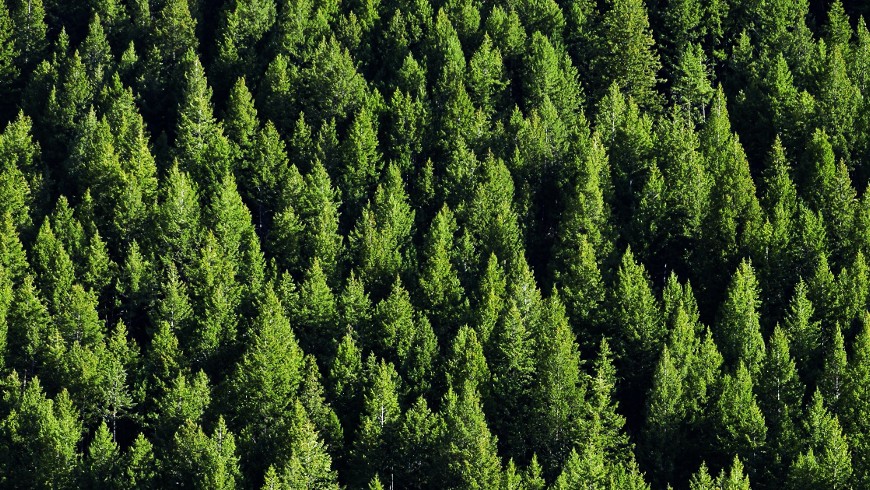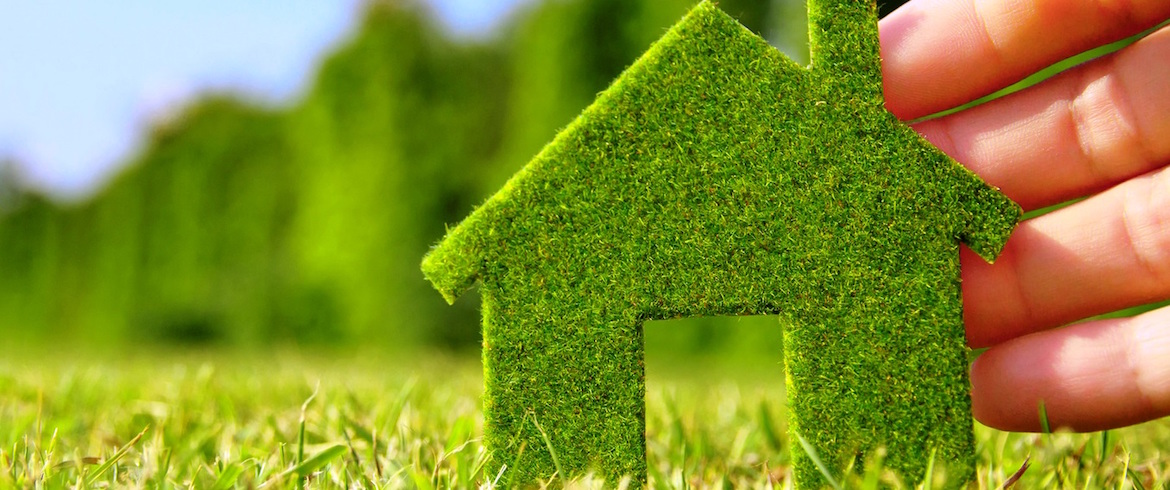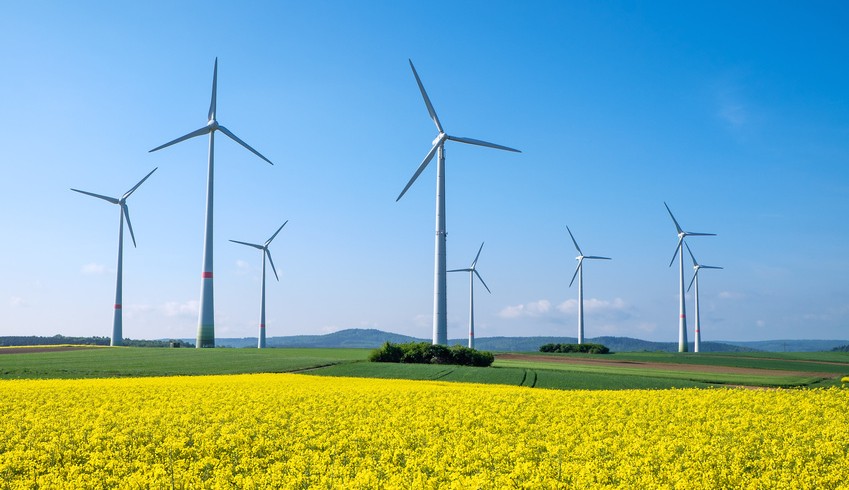By choosing a sustainable accommodation for your holiday you contribute to save CO2, and can do the same those who decide to open an eco-friendly accommodation. But exactly how much CO2 can we avoid? Let’s find out together!
A study of Vivavda talks about it showing the different values of CO2 savings for the various actions that the accommodations can make to reduce their environmental impact. Why is it so important to reduce the production of CO2? Because, along with the water vapor, methane and nitrous oxide, is a major contributor to the greenhouse effect which in turn leads to disastrous global warming.
Consider a medium-sized hotel, with 17 rooms and with an area of 400m2; we analyze some of its savings.
If a hotel has green energy…
By choosing renewable sources rather than combustion we can avoids massive CO2 emissions. For an annual consumption of 6900 kWh per room, our medium-sized hotel would avoid the production of 68.500kg of CO2 per year.
If it uses class A appliances…
The hotels that choose to buy refrigerators, washing machines, air conditioners and furnaces of Class A, in the case of the presence of non-renewable sources, come to a saving of about 310kg of CO2 per year.
If it has motion sensors lights…
Just turn off the lights to save money and avoid the production of CO2. With 1h saved during the day, a hotel easily saves 85 kg of CO2
If it uses solar panels for hot water…
By installing, for example, solar panels for heating the accommodation, you would have about a saving of 0,202kg C02/kWh coming to a total saving of 51.000kg per year.
If it recover rainwater…
Using rainwater to water the garden, to flush the toilets will prevent the production of CO2; for a lawn of 0,25ha you can save 329kg of CO2 throughout the year.
If it recycles…
Even with the collection you can avoid the production of CO2. For every kilo of recycled paper seen spared more than 3,5kg of CO2 and with 1kg of kitchen waste you save 0,948kg of CO2. On average, according to the study, a medium size accommodation would save 6741kg of CO2 emissions per year thanks to recycling.
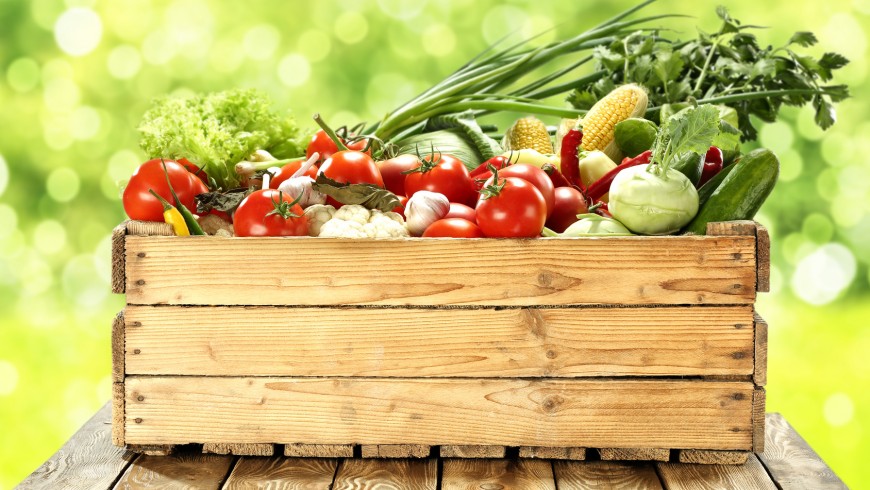
If the hotel chooses local products…
The choice of products from short chain, local or regional, avoids CO2 emissions for transport. The study estimated about 0,193 kg of CO2 per kilometer, which multiplied by the average amount of goods transported by a medium-sized hotel, a saving of around 386 kg of CO2 per year. Without considering the economic benefits to the local network of choosing local!
Preferring tap water than in bottles will also avoid 185 kg of CO2 every year, due to the avoided transportation and reduction of plastic bottles produced.
If it uses energy saving light bulbs …
Even using high efficiency bulbs are avoided CO2 emissions. According to the study it is 312 kg of CO2 saved per 10,000 hours of use. Assuming you have 30 bulbs that are used each for 2 hours a day, the savings would amount to 683 kg CO2 per year for each accommodation.
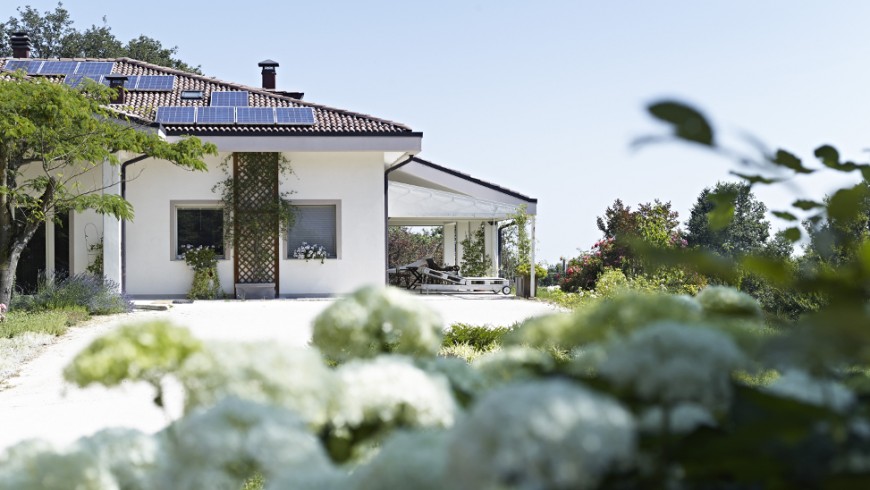
How much CO2 can a green accommodation save:
An eco-friendly hotel that has clean energy, solar panels, low consumption bulbs, recycling products and zero km (5 of 10 minimum requirements of eco-sustainability of hospitality that are part of the network Ecobnb), saves an average of 128’810 kg CO2 in a year.
To get an idea of what it means, it’s the equivalent of 886 trees planted! Each tree absorbs an amount of CO2 between 16 kg/year and 270 kg year, and the study uses the average value of 143 kg/year.
The carbon dioxide emissions avoided, if you put in place all the actions of Ecobnb, as do the most virtuous accommodation, could reach 160,000 kg annually for each hotel, over a thousand trees planted!
These are just some examples but we can understand the importance of choosing eco-friendly hospitality during our travels. It means avoid the production of CO2, reduce environmental impact and reduce the greenhouse effect.
